-
Lord Grabiner: Never Mind “That Bollox”
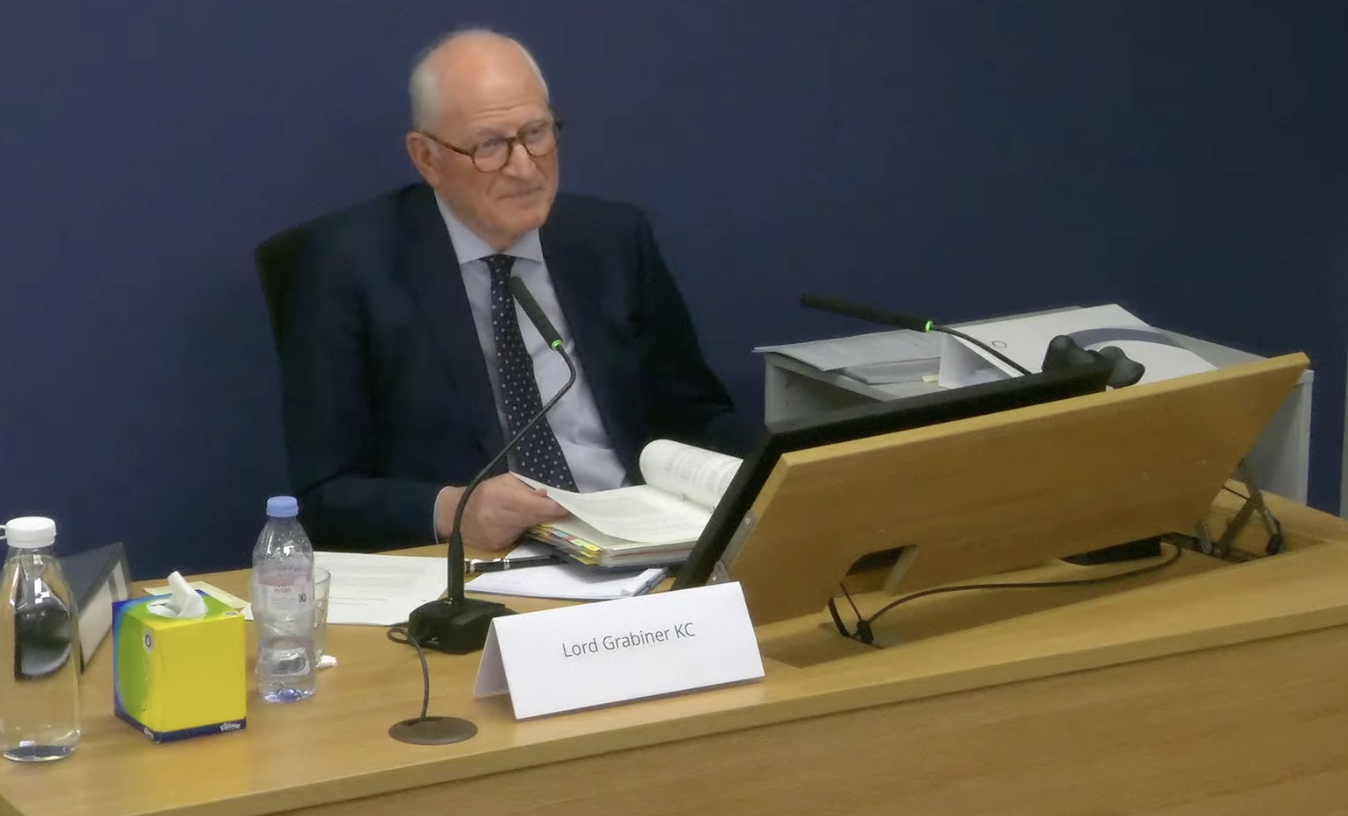 Read More…: Lord Grabiner: Never Mind “That Bollox”
Read More…: Lord Grabiner: Never Mind “That Bollox”Lord Grabiner strode into the Inquiry hearing room wielding a walking cane. As he didn’t appear to be using it to support himself it rather gave the impression it might be utilised to punish impertinence. Jason Beer KC, who asked questions on behalf of the inquiry, appeared unruffled. Grabiner was called to explore his apparent firm belief that there was something so wrong with Mr Justice Fraser’s Common Issues trial judgment that Fraser should be removed as managing judge of the Bates v Post Office group litigation. Grabiner’s ace in the hole was a six page document written by Lord…
-
De Garr Robinson’s Jenkins problem
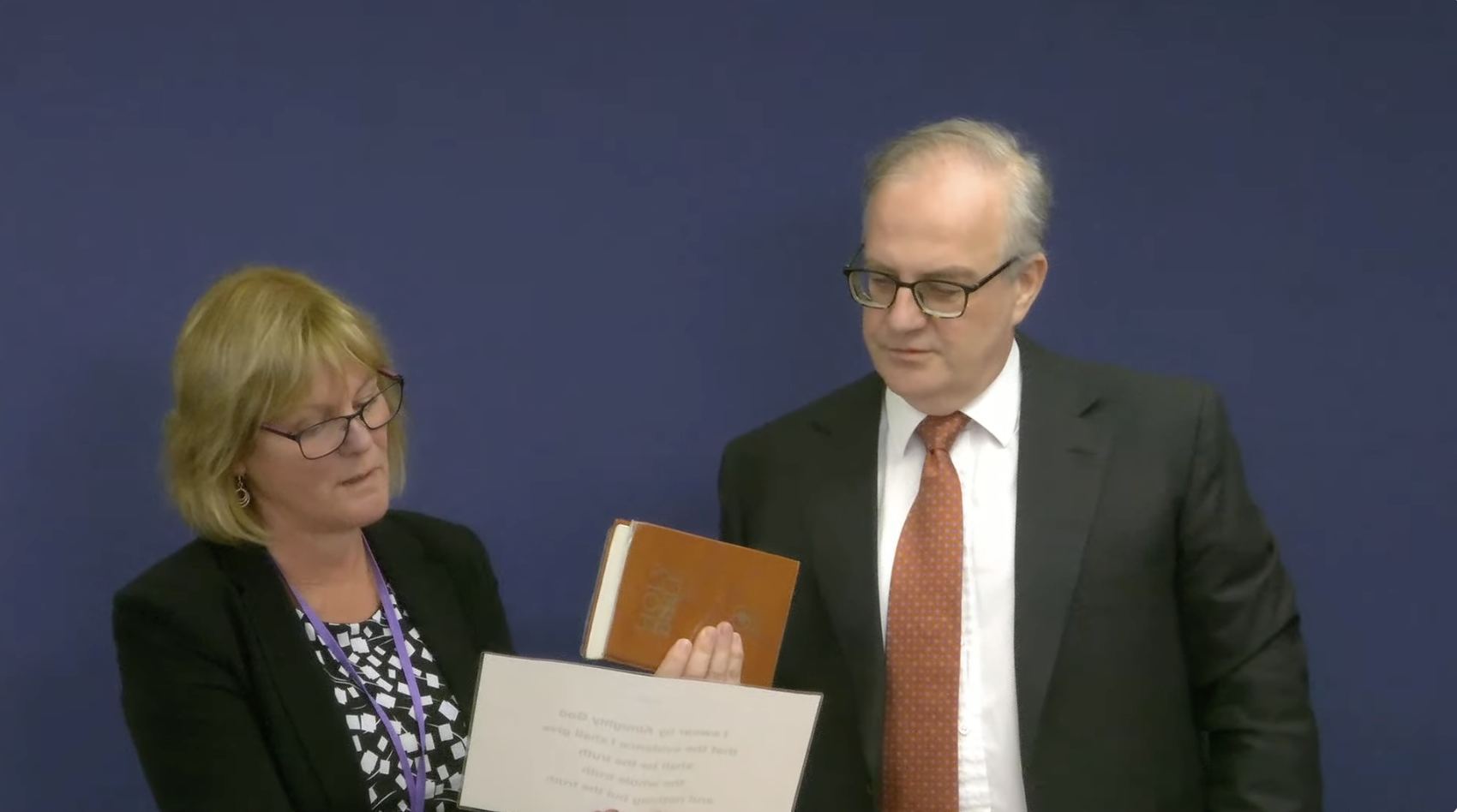 Read More…: De Garr Robinson’s Jenkins problem
Read More…: De Garr Robinson’s Jenkins problemPoor old Tony Robinson, just trying to make an honest crust defending his client, whilst being misled by his instructing solicitors (Womble Bond Dickinson), his client’s supplier (Fujitsu) or possibly even his client – the Post Office! As leading counsel for the Post Office in the Horizon Issues trial during Bates v Post Office, de Garr Robinson regularly seemed to be on the receiving end of duff information, which he took at face value and dutifully represented to to the High Court as fact. This, as he described in his witness statement, was sub-optimal. Recalling the first such occasion, he…
-
Post Office refuses to say how much Grabiner and Neuberger cost
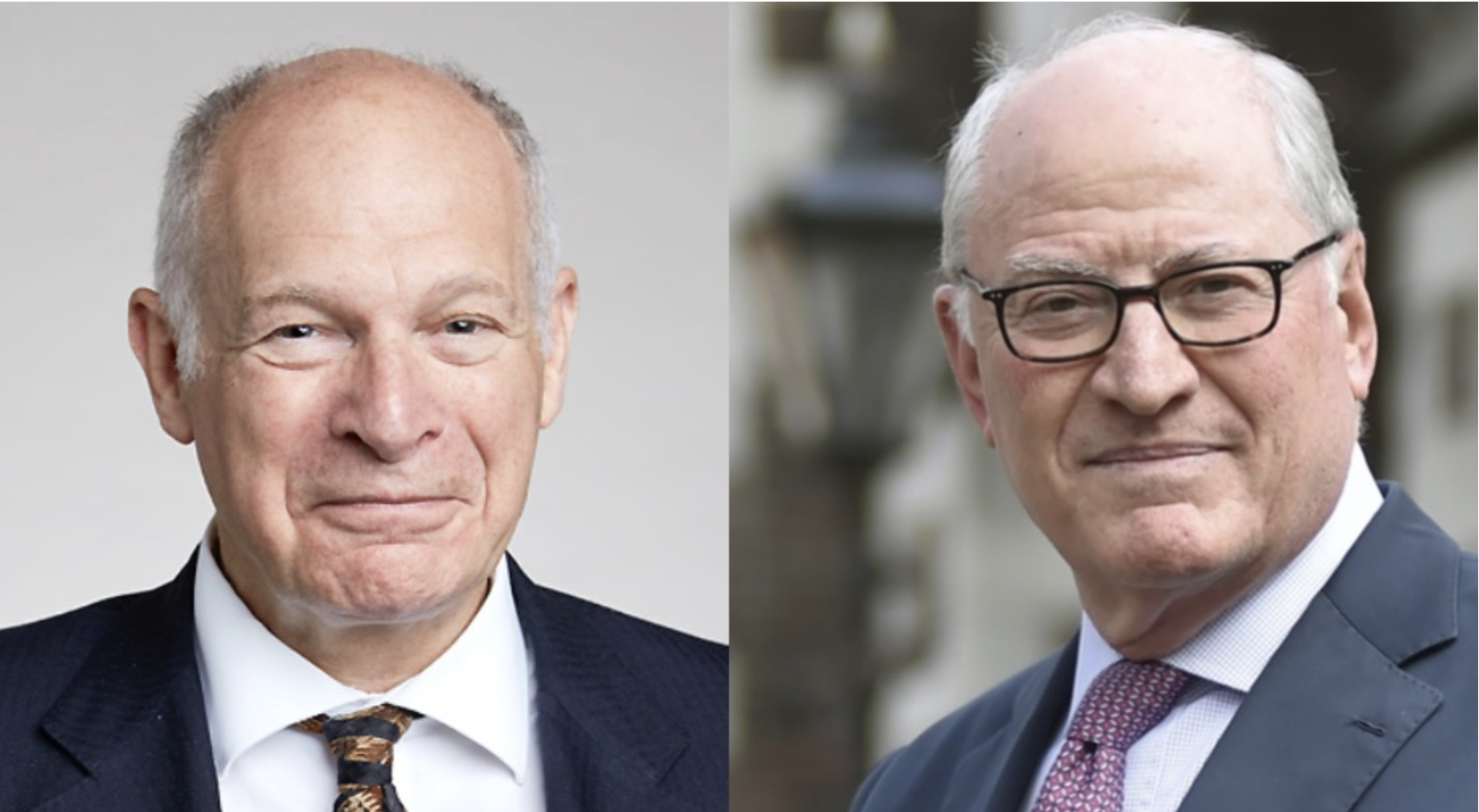 Read More…: Post Office refuses to say how much Grabiner and Neuberger cost
Read More…: Post Office refuses to say how much Grabiner and Neuberger costOn 4 October 2023, I asked the Post Office to disclose the fee notes for Lords Grabiner and Neuberger under the Freedom of Information Act. I thought it would be interesting to know just how much public cash the Post Office used to spend on their advice, which informed the Post Office’s decision to demand Mr Justice Fraser recuse himself as managing judge of the Bates v Post Office litigation . On 20 Dec 2023, the Post Office refused to hand over the fee notes. On 28 Dec 2023 I asked the Post Office to review their decision (giving various…
-
More dispatches from the Post Office bunker: the PR guy goes Tonto
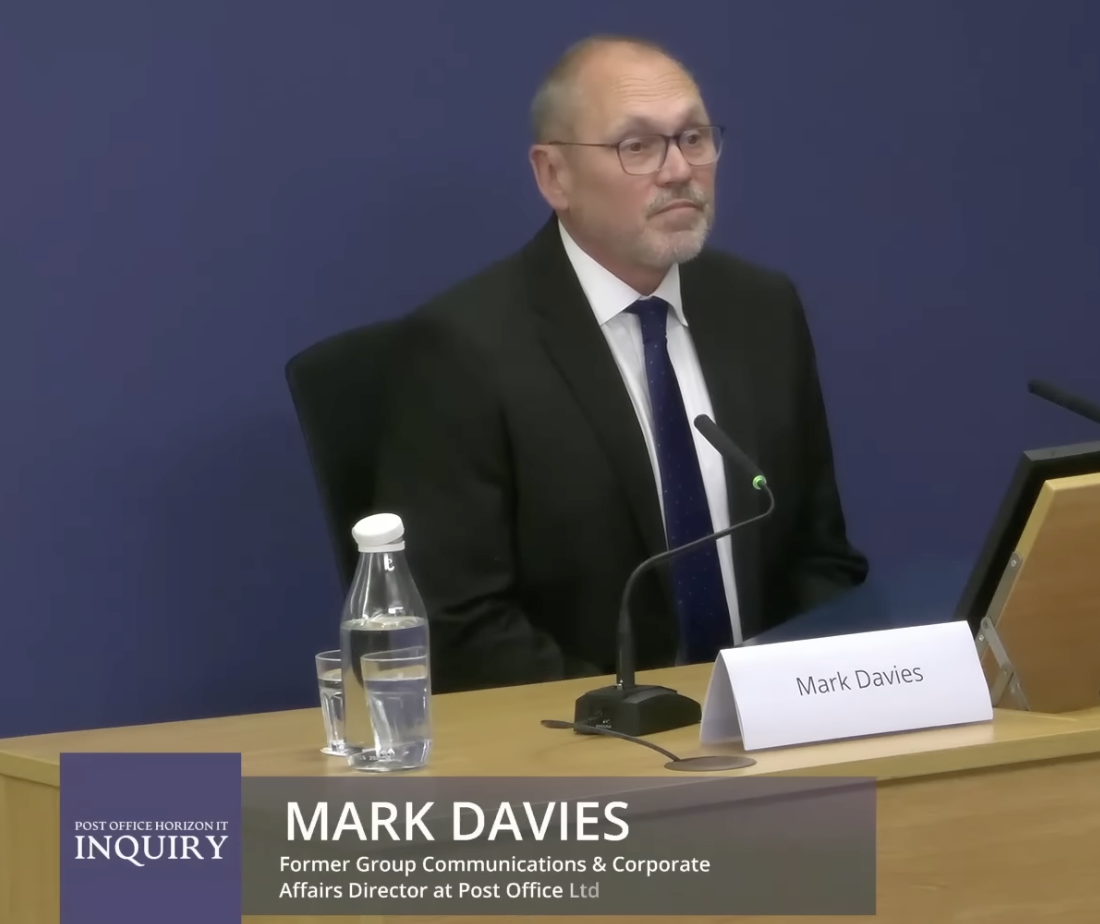 Read More…: More dispatches from the Post Office bunker: the PR guy goes Tonto
Read More…: More dispatches from the Post Office bunker: the PR guy goes TontoOn 1 Dec 2014 I was in Cornwall, where Tim Robinson, Jane Goddard, Joe Cooper and I had been filming with former Subpostmaster Sue Knight. After 32 years service Sue had been sacked and prosecuted by the Post Office for false accounting. Although the prosecution had been dropped, Sue’s life was falling apart. She had lost her job and reputation and was in the process of losing her home. Her mental health was in tatters. Our interview with Sue was due to go out in January as part of two films the Inside Out South team were making for the…
-
The taxi for Paula Vennells which never quite came
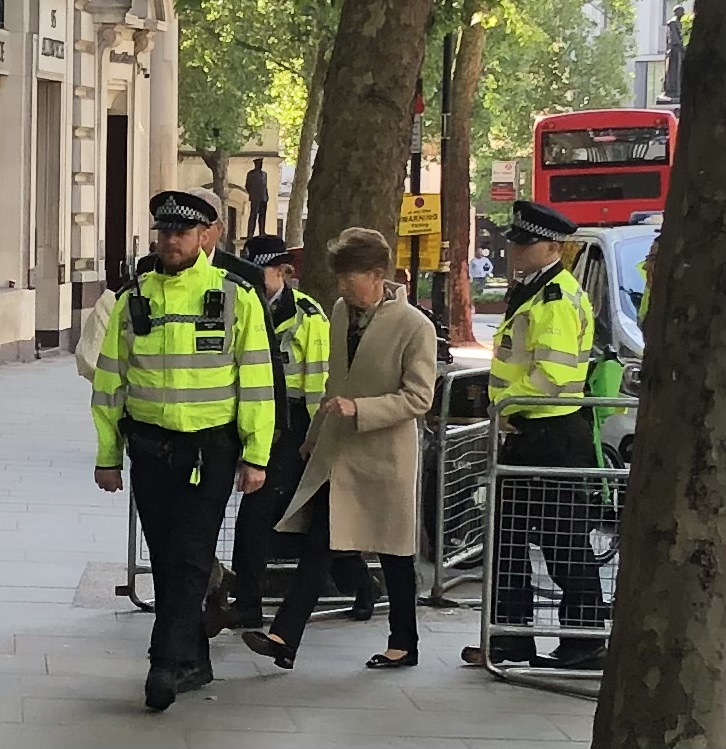 Read More…: The taxi for Paula Vennells which never quite came
Read More…: The taxi for Paula Vennells which never quite cameA powerpoint slide deck was the most newsworthy element to leap out of former Post Office chair Alice Perkins’ second day of evidence at the Post Office Horizon IT Inquiry today. Thanks to an anonymous nine-page presentation, we know that in February 2014 the government was tempted to sack Post Office CEO Paula Vennells because people were saying she wasn’t very good at her job. To give some context, by 2014, Paula Vennells was coming up to two years in post. The Post Office’s complaint and mediation scheme for Subpostmasters was underway. Independent investigators Second Sight were digging into the…
-
Perkins in Wonderland: Day 1
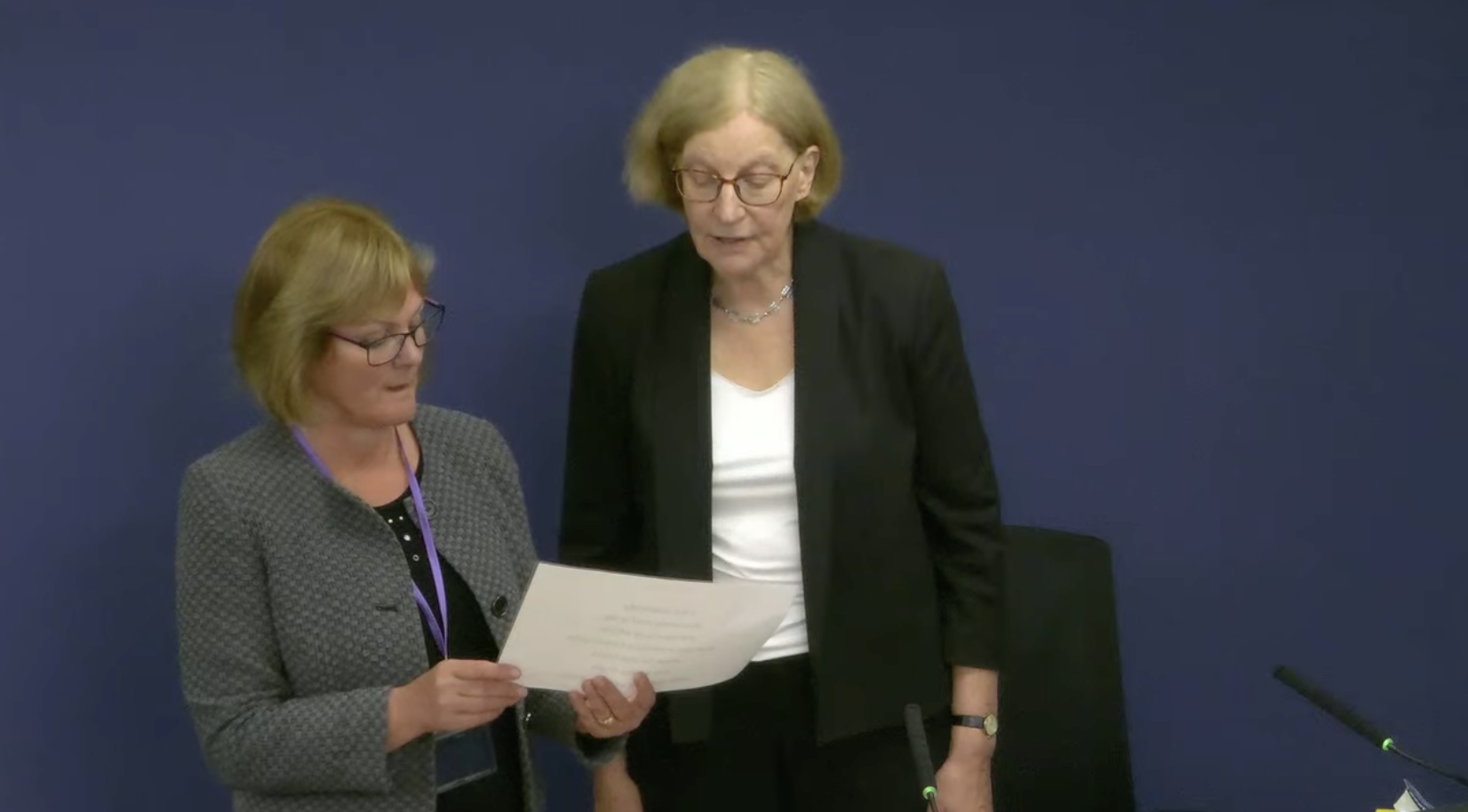 Read More…: Perkins in Wonderland: Day 1
Read More…: Perkins in Wonderland: Day 1The Post Office scandal did not happen, or get covered up because of a single Machiavellian baddie. It happened because a bunch of serially incompetent people spent oodles of other people’s cash groping their way around a crisis without the competence or moral backbone to do the right thing. Alice Perkins, Chair of the Post Office between 2011 and 2015, has all the hallmarks of a capable, clever person. And it’s true that capable, clever people sometimes makes serious mistakes, or lots of regular stupid mistakes, whilst surrounded by people making similar stupid mistakes. Maybe. But, come on. The short…
-
Perkins Preview: what secrets will Lady Humphrey reveal?
 Read More…: Perkins Preview: what secrets will Lady Humphrey reveal?
Read More…: Perkins Preview: what secrets will Lady Humphrey reveal?Alice Perkins was Chairman of the Post Office for four years between 2011 and 2015. She got the job after a career spent in the civil service. One of the people who ostensibly worked for her during that period told me Perkins was “patronising… wooden and inarticulate”, complaining she “couldn’t connect with people at all… we used to see her about twice a year and she would give speeches that made you numb with boredom.” This is exactly what you might expect from a career civil servant. It might serve to lower your expectations for the next two days of…
-
Grey Day gives little away
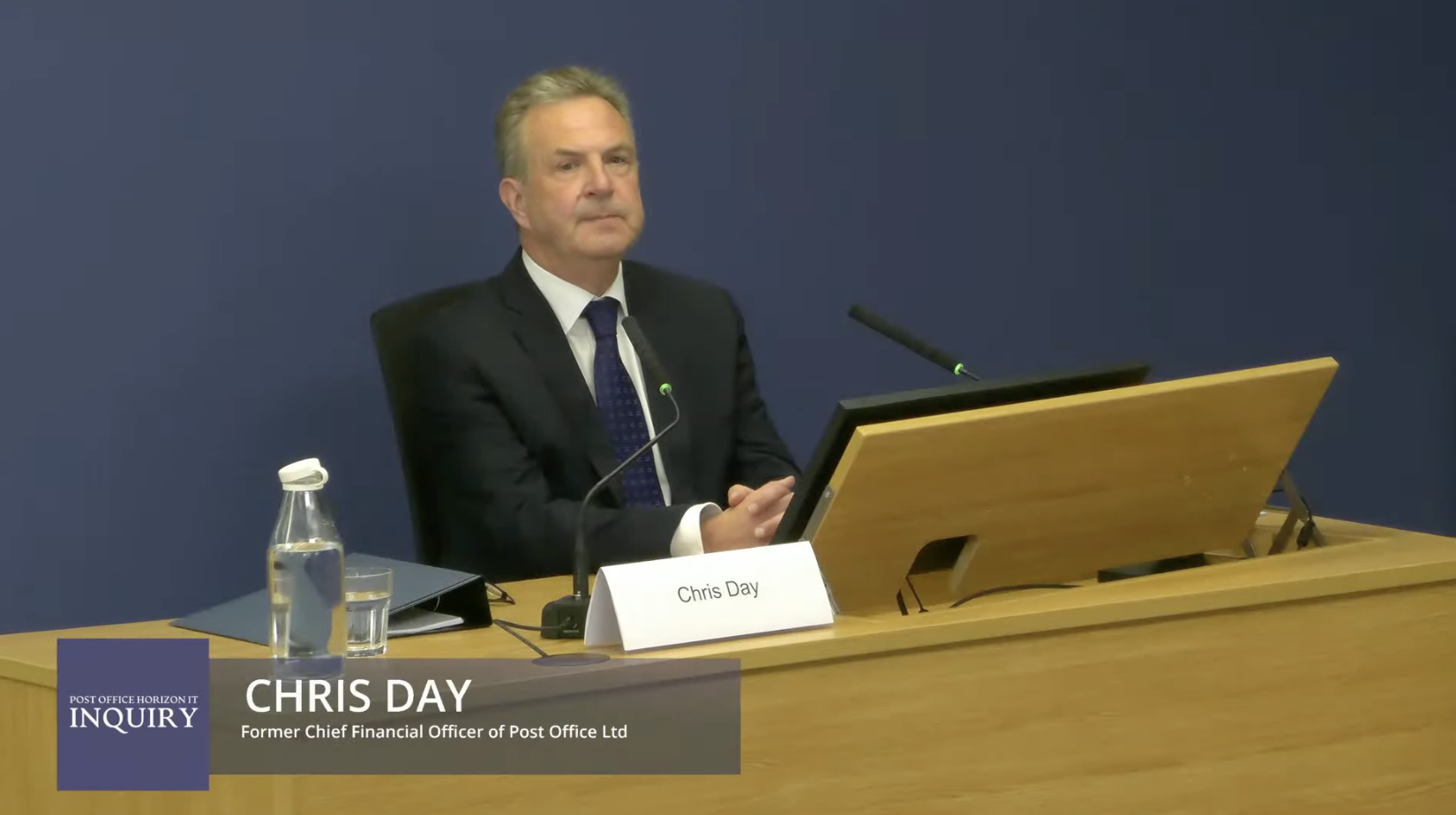 Read More…: Grey Day gives little away
Read More…: Grey Day gives little awayChris Day, former Post Office Chief Financial Office had all the hallmarks of a low-wattage witness. He met that expectation square on. I think I was the only journalist present today. More fool me. Taken at snail’s pace through multiple documents we’ve seen before, Day was unable to see the real risks in the Horizon system from the moment he joined in August 2011, to when he left in December 2014. One of the first things to hit his desk was the Ismay report. Day was Rod Ismay’s boss. We have met Mr Ismay before. Today Catriona Hodge, asking questions…
-
Alan Bates threatens legal action against the government
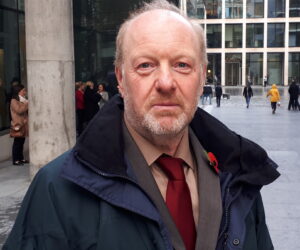 Read More…: Alan Bates threatens legal action against the government
Read More…: Alan Bates threatens legal action against the governmentAlan Bates has threatened “possible legal action” against the government for their perceived foot-dragging over financial redress for 555 Subpostmasters who joined him in the Bates v Post Office group litigation order (GLO) High Court case. Most of the 555 qualify for the government’s special GLO compensation scheme*, announced in 2022 and initially designed to complete in August 2024. When it became apparent that was a completely ludicrous deadline, it was extended by statutory instrument. Bates himself has received two offers of compensation, both of which he has refused, describing the process as an “ongoing uphill struggle“. It’s thought his…
-
Paula Vennells and Mark Davies: Led by the (brown) nose
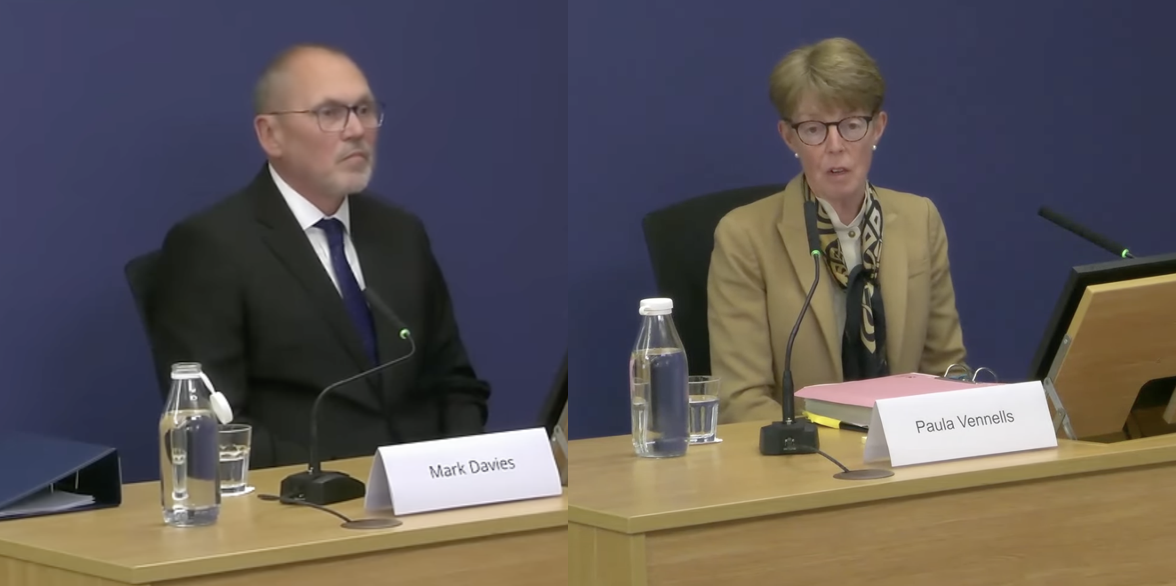 Read More…: Paula Vennells and Mark Davies: Led by the (brown) nose
Read More…: Paula Vennells and Mark Davies: Led by the (brown) noseIn his witness statement to the public inquiry, former Post Office Director of Communications Mark Davies claimed Paula Vennells acted with “integrity and care” when dealing with the issues raised by campaigning Subpostmasters. In the same statement he states Vennells is a woman of “deep integrity” who is “guided by deeply held personal values.” On 17 Dec 2014 Vennells celebrated Davies’ professional skill and her own much-vaunted integrity and care. Vennells declared a recently-broadcast One Show film on the suffering of prosecuted, hounded and sacked Subpostmasters had left her “bored”. She dismissed the MP (Kevan Jones) who appeared in the…
Archives
Most Popular
Tags
Alan Bates alice perkins Alwen Lyons Andrew Winn Andy Dunks Andy Parsons Bates v Post Office Bonusgate CCRC Chris Aujard Clarke Advice False Accounts Fujitsu Gareth Jenkins Grabiner HCAB Horizon Hugh Flemington Inquiry Interim Report Janet Skinner Jarnail Singh Kevin Hollinrake Lee Castleton Lord Arbuthnot Nicki Arch Nick Read Noel Thomas Paula Vennells Paul Marshall Post Office Rebecca Thomson Receipts and Payments mismatch bug Richard Moorhead Rob Wilson Rod Ismay Rodric Williams Second Sight Seema Misra ShEx Simon Clarke Susan Crichton Swift Review Tracy Felstead UKGI
Categories
- Appeals (18)
- Blog (17)
- Book (11)
- Civil litigation (47)
- Compensation (43)
- Corporate (23)
- Fujitsu (32)
- Inquiry (120)
- IT (40)
- Live Events (6)
- Podcast (7)
- Police investigation (12)
- Prosecutions (47)
